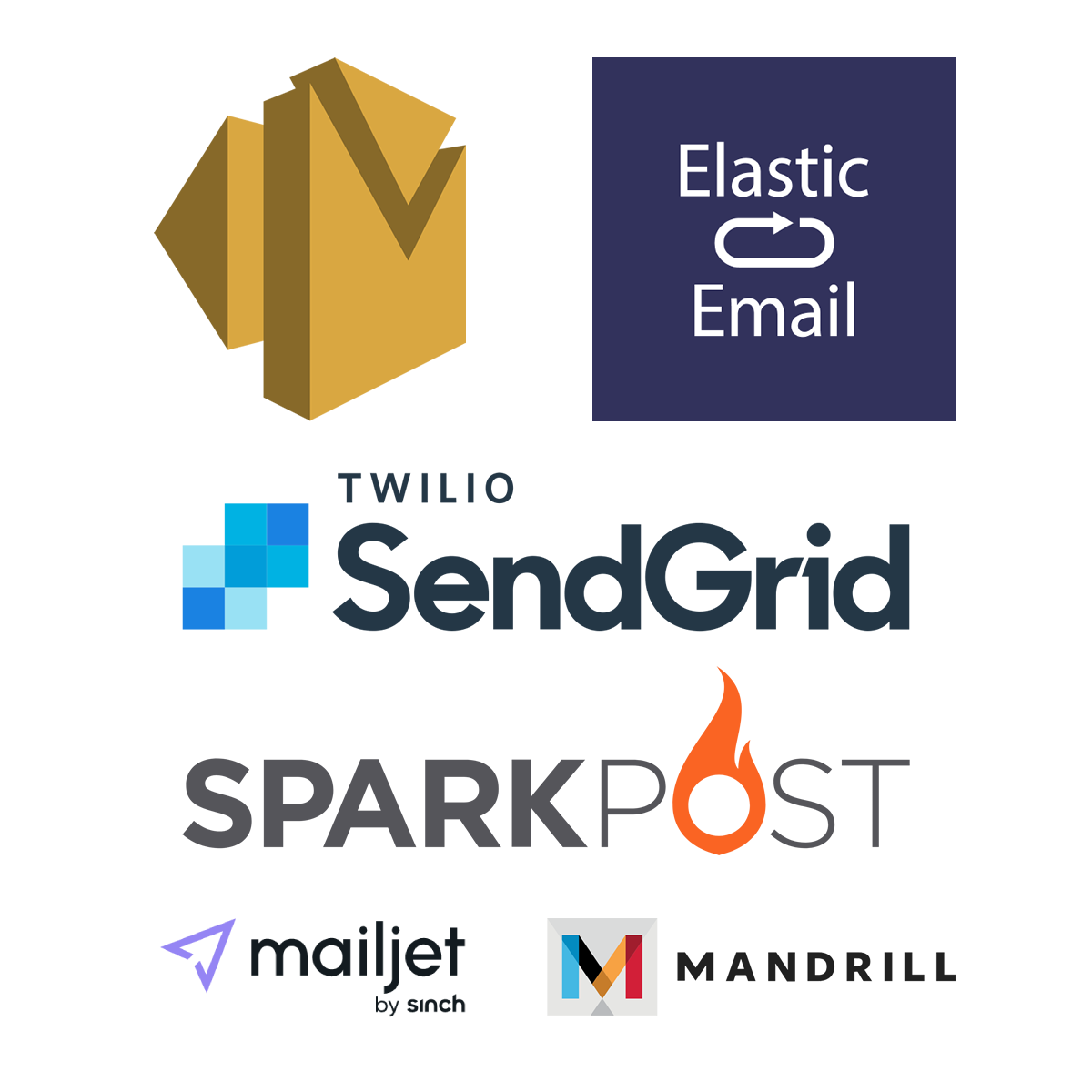
With a traditional marketing automation or email service provider, emails are sent from a client’s domain through a pool of IP addresses controlled by the same provider. For a simple use case, this is straightforward as the DNS records to verify the domain for email sending can be added at the same time as when a subdomain is pointed to the platform for content management and landing page hosting.
A major downside of using a marketing automation provider’s IP pool for email sending is vendor lock-in. For higher volume senders, Hubspot Marketing Hub and Salesforce Marketing Cloud Email Studio both provide paid options for adding a dedicated IP to their plans.
With a dedicated IP, a sender can build up a distinctly separate IP reputation from other users’ instances — preventing an adjacent, low quality sender from affecting their deliverability rate. Unfortunately, a dedicated IP address on a marketing automation SaaS is not portable to any other providers. If the organization eventually migrates to another marketing automation platform, they cannot bring their hard-earned reputation with them.
This is an anomaly of the marketing automation software industry compared to phone numbers and credit scores, which are portable between competitors in the telecommunications and financial industries, respectively.
The major hosted marketing automation software providers also don’t support configuring a custom SMTP server to send email. Enterprises with an established sending domain and IP on their own network might prefer to use an internal mail server, such as an Exchange Server, Postfix, or PowerMTA, to relay their marketing emails.
Some of our resellers use a single email gateway and verify all their customers’ domains within it. This is more typical for full service marketing agencies, where the campaigns are implemented and executed by the agency’s specialists on the end client’s behalf.
Another configuration is that each end client registers for their own account with an email delivery service and connects it to their individual marketing automation instance on your reseller infrastructure. This setup is preferable where the deliverability performance and sending reputation of each instance’s domain (delivery rate, bounce rate, complaint rate) may vary significantly from one instance to another.

Supported Email Gateways for Mautic
The Autoize™ Marketing Automation Infrastructure based on Mautic lets you or your agency’s clients select from any of the supported email delivery services, or use a custom SMTP server. The email gateways for which Mautic fully supports for parsing webhook callbacks (to detect bounces) are listed with example pricing:
- Amazon SES ($0.10/1000 emails) – best all-around option
- Elastic Email ($30/mo + $0.15/1000 emails) – best for cold email campaigns
- Mailjet ($15/mo for 15,000 emails) – best for marketing automation users in Europe
- Mandrill ($20 for 25K emails)
- SendGrid ($20/mo for 50K emails)
- SparkPost ($20/mo for 50K emails)
For most use cases, we recommend going with one of the above email gateways, with the most popular choice being Amazon SES as it has good deliverability and an entirely pay-as-you-go pricing model. Mailjet is highlighted as best for European senders as it’s headquartered in France, which may be an advantage for GDPR compliance.
